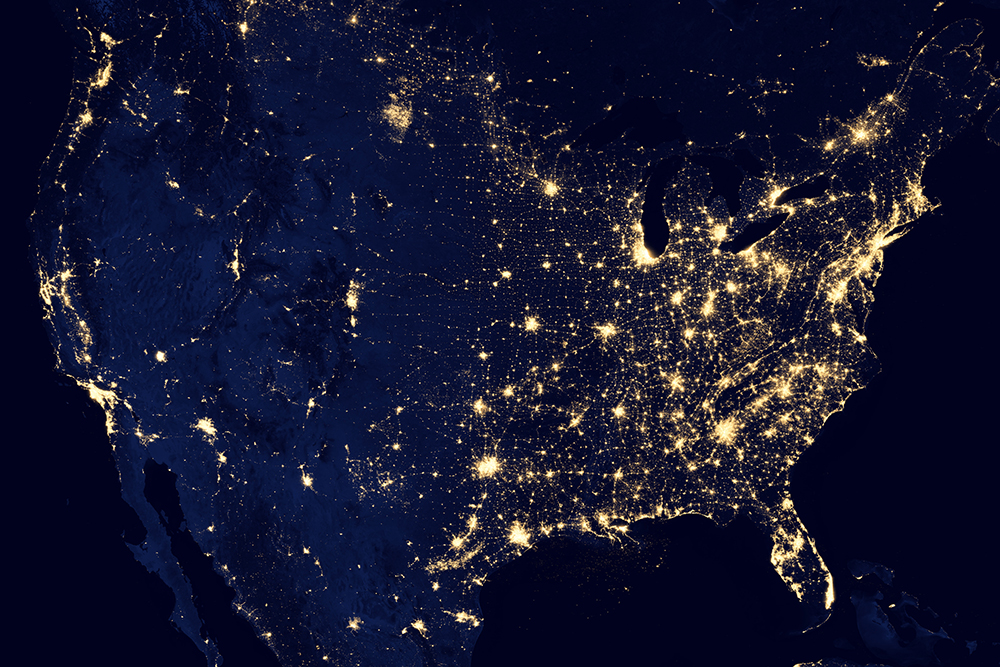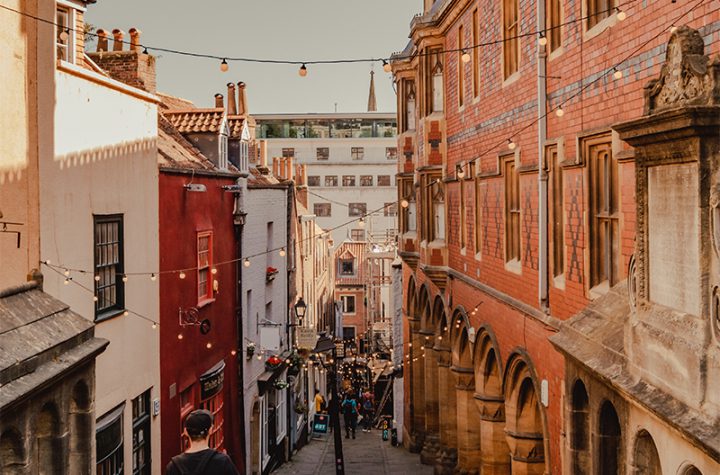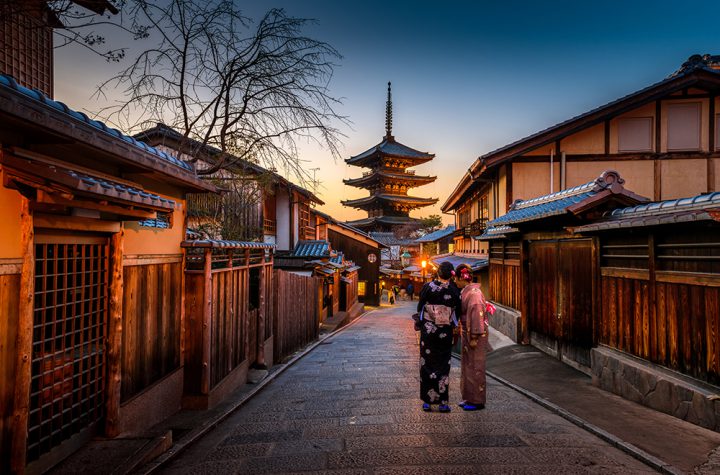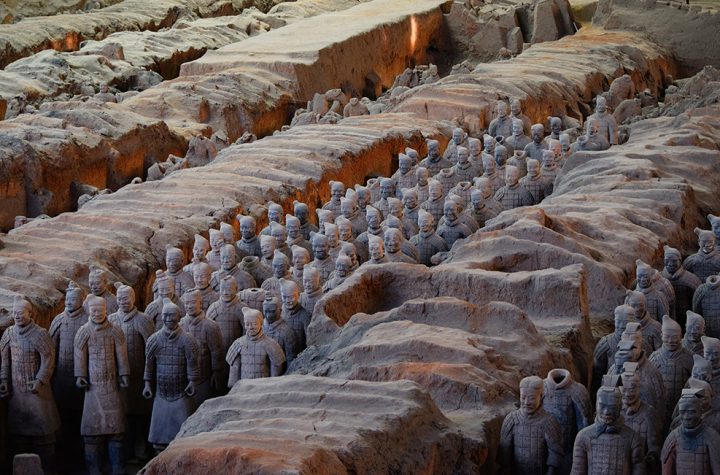
When Sharon Chuter saw global beauty brands endorsing the Black Lives Matter movement on social media, the founder of Los Angeles-based Uoma Beauty felt compelled to act.
The Nigerian-born former LVMH and Revlon executive set up an Instagram feed, @pullupforchange, and challenged the brands to release data on their numbers of black employees. “You all have statements and policies about being equal opportunity employers, so show us the proof! PULL UP or SHUT UP!” she wrote.
Ms Chuter’s campaign has helped spark a larger backlash against the $500bn beauty and personal care sector this year.
Brands jumped to express support for racial equality as Black Lives Matter gathered pace. But angry responses have forced them to confront what critics say are deeper failures in an industry that helps shape social ideals of beauty. Companies have been called out by activists, influencers and employees over insensitive or racist marketing messages and products that glorify whiteness.
Too little, too late
Commitments from Unilever and L’Oréal to remove references to “whitening” and “fairness” from their skin-lightening creams, popular in India and south-east Asia, were slammed by activists as too little, too late. British-Nigerian Hollywood actor John Boyega quit as a brand ambassador for Estée Lauder’s Jo Malone London brand after it recast an ad campaign, removing him, for the Chinese market.
Former staff at start-up brand Glossier attacked its treatment of ethnic minority employees in an open letter. L’Oréal rehired mixed-race transgender model Munroe Bergdorf to its diversity board after having previously fired her over her views on white supremacy.
Such episodes have drawn criticism on social media, quickly crossed borders, and left brands scrambling to contain the damage. But for Ms Chuter it was the start of an overdue reckoning.
“The price I had to pay to participate in these companies was giving up my identity,” she said. “Seeing how much they didn’t care about people who looked like me — that was really troubling. It doesn’t even make business sense.”
International beauty and personal care brands with their roots in the west historically neglected non-white skin and hair types, leaving independent brands to fill the gap, according to campaigners.
“In the world there is unconscious bias, and people are becoming more and more aware of that today and in the industry at large,” said Esi Eggleston Bracey, who heads the North American beauty and personal care unit at Unilever, whose brands include Dove, Simple and TRESemmé.
Demographic shift
Demographic changes are one reason for the shift, she said. “I spent eight years in Switzerland, then moved back to America [in 2016]. What struck me is how much America has changed demographically — today 40 per cent of Americans are people of colour. I saw the visible difference. The demographic is growing so there is critical mass.”
Some beauty companies had already begun to broaden their ranges as they pushed into Asian and African emerging markets. Estée Lauder has long taken diversity of skin colour into account in product development, said Susan Akkad, who oversees multi-ethnic innovation for 25 Estée Lauder brands.
“We have always been conscious of the fact that we are global,” she said. “We are not simply exporting an American beauty vision — we need to deeply understand local markets and local beauty culture.”
A turning point came in 2017 when Fenty Beauty, created by music megastar Rihanna with French luxury group LVMH, burst on to the market. Fenty offered 40 shades of foundation, later increased to 50 — far more than most other brands at the time. With Rihanna’s star power, Fenty reached almost €500m in sales after a year, in one demonstration of the commercial argument for diversity.
Fenty triggered an arms race to offer more shades: L’Oréal-owned Lancôme and LVMH-owned Dior both launched 40-shade ranges around the same time. Ms Chuter’s Uoma brand, launched last year, boasts 51.
Gary Thompson, a black UK beauty blogger who was the first man to feature in a L’Oréal cosmetics ad, said: “A few years ago make-up brands were really backward and really slow. A brand would get away with releasing 10 shades and no black shades and people would complain, but no one was listening. Now, we live in such a social media time.
“We have direct access to brands and they can really find themselves getting cancelled.”
Yet Ms Chuter said beauty companies needed to understand how their broader ranges have been tailored to white consumers. For example, “a lot of women of colour tend to have short lashes that are tightly curled up, so it’s very hard to use a mainstream mascara”, she said.
Global reach
Influencers like Mr Thompson, now a key link between beauty brands and customers, are one reason for the faster pace of change. Nigerian-American beauty YouTuber Jackie Aina, with 1.7m Instagram followers, is an outspoken critic of brands’ failures on race; male and transgender influencers have also gained prominence.
The global nature of social media has made it riskier for brands to use marketing messages that might be acceptable in one country but offensive elsewhere. Estée Lauder’s Ms Akkad said: “Social media means you can’t really ringfence anything any more, so companies need to have more cross-cultural understanding of how their messages are going to be received.”
Hair is another battleground. Unilever’s haircare brand TRESemmé last month became the target of street protests in South Africa after it ran online ads describing black women’s hair as “frizzy and dull” and “dry and damaged”; blonde, white women’s hair was labelled “normal”.
The racial politics of hair has a charged history. During apartheid in South Africa the so-called pencil test of hair thickness was used to determine racial identity. The TRESemmé ad thus met with a furious response. Clicks, the pharmacy whose website the ads featured on, briefly closed its stores, while several retailers removed TRESemmé products.
Ntombenhle Khathwane, founder of haircare brand AfroBotanics, said the TRESemmé ads were “a major shock” but reflected “an issue around corporate culture”. Unilever South Africa promised new diversity measures; it denounced the ads as “racist, and we apologise unreservedly”.
Yet hair also presents an opportunity. Ms Khathwane’s company caters for the growing “natural hair” movement, embracing hair styled without straightening chemicals, extensions or wigs.
Unilever’s largest brand, Dove, has advertised itself on a platform of diversity since its Campaign for Real Beauty launched 16 years ago. More recently it co-founded the Crown Act campaign, which lobbies in the US for laws barring hair-based discrimination, such as school and workplace policies that ban dreadlocks, braids and Afros. So far seven US states have introduced “Crown Act” laws.
The company has also expanded its product range for skin with higher melanin levels and textured hair, said Ms Eggleston Bracey. In May, Unilever’s Dove, Suave and SheaMoisture held a four-week virtual series called #WashDayLive, offering haircare tips for black women.
Recommended
“It’s super important that we have marketing that is not only inclusive but culturally connects with the consumers that we serve,” said Ms Eggleston Bracey.
Campaigners agree that connection starts with hiring. Ms Chuter persuaded six of the US’s 10 largest beauty brands to reveal numbers on staff diversity. None matched the proportion of black employees in the US population — 13 per cent — and just two, Estée Lauder and Shiseido, met or exceeded the roughly 10 per cent of US graduates who are black. She is now raising funding to make Pull Up for Change a fully-fledged campaign group.
“The beauty industry is about to have an awakening,” said Ms Chuter. “Every single time they bet against the black consumer — every time they get it wrong.”





More Stories
Justice Rajiv Shakdher also asked the media houses AGR Outlier Media Pvt Ltd. and Bennett Coleman and Company Ltd. to ensure that no defamatory content is uploaded on social media platforms or displayed on their channels.
Two people have become the first passengers on a Hyperloop, a technology considered to be the future of high-speed ground transport.